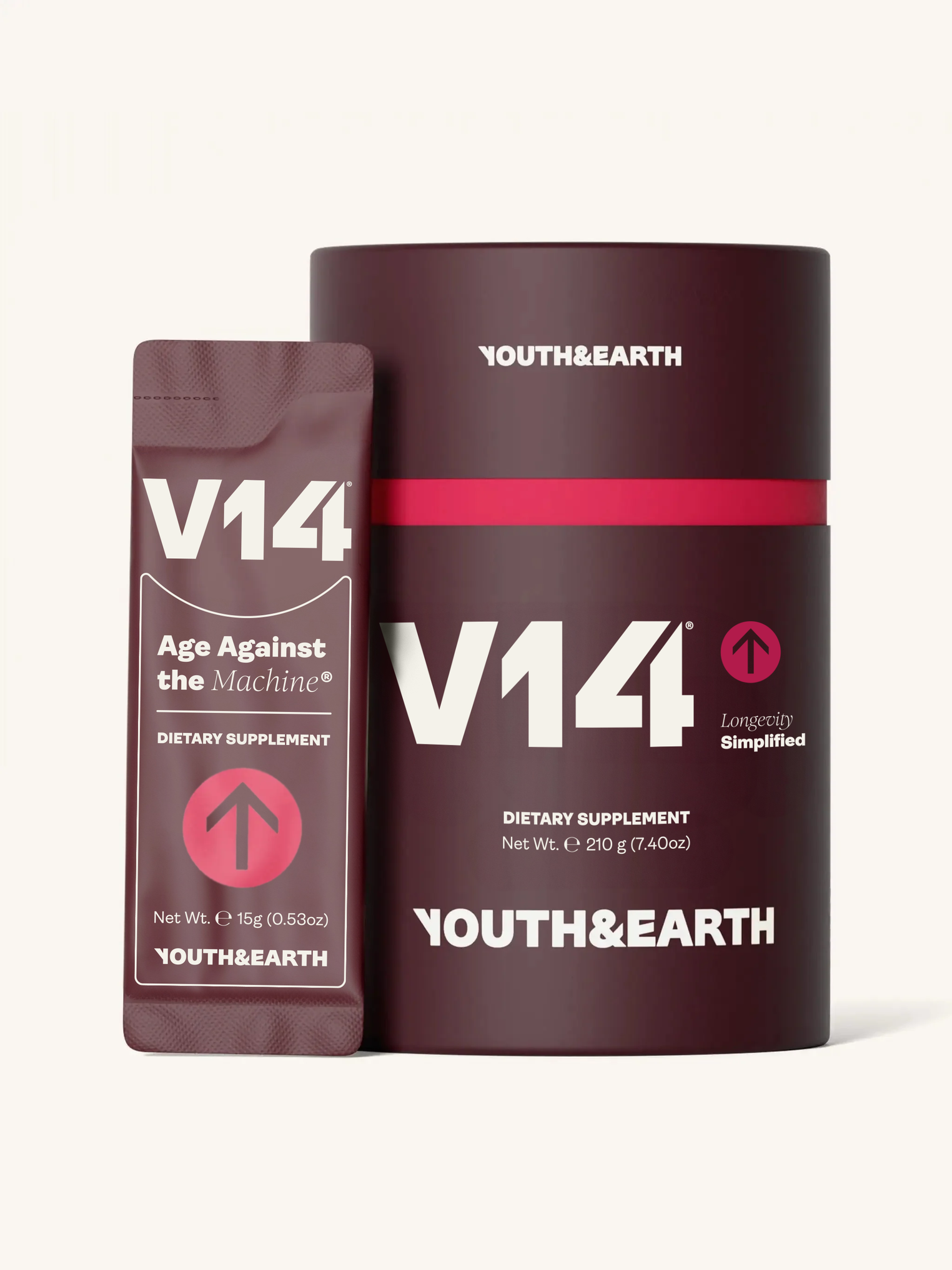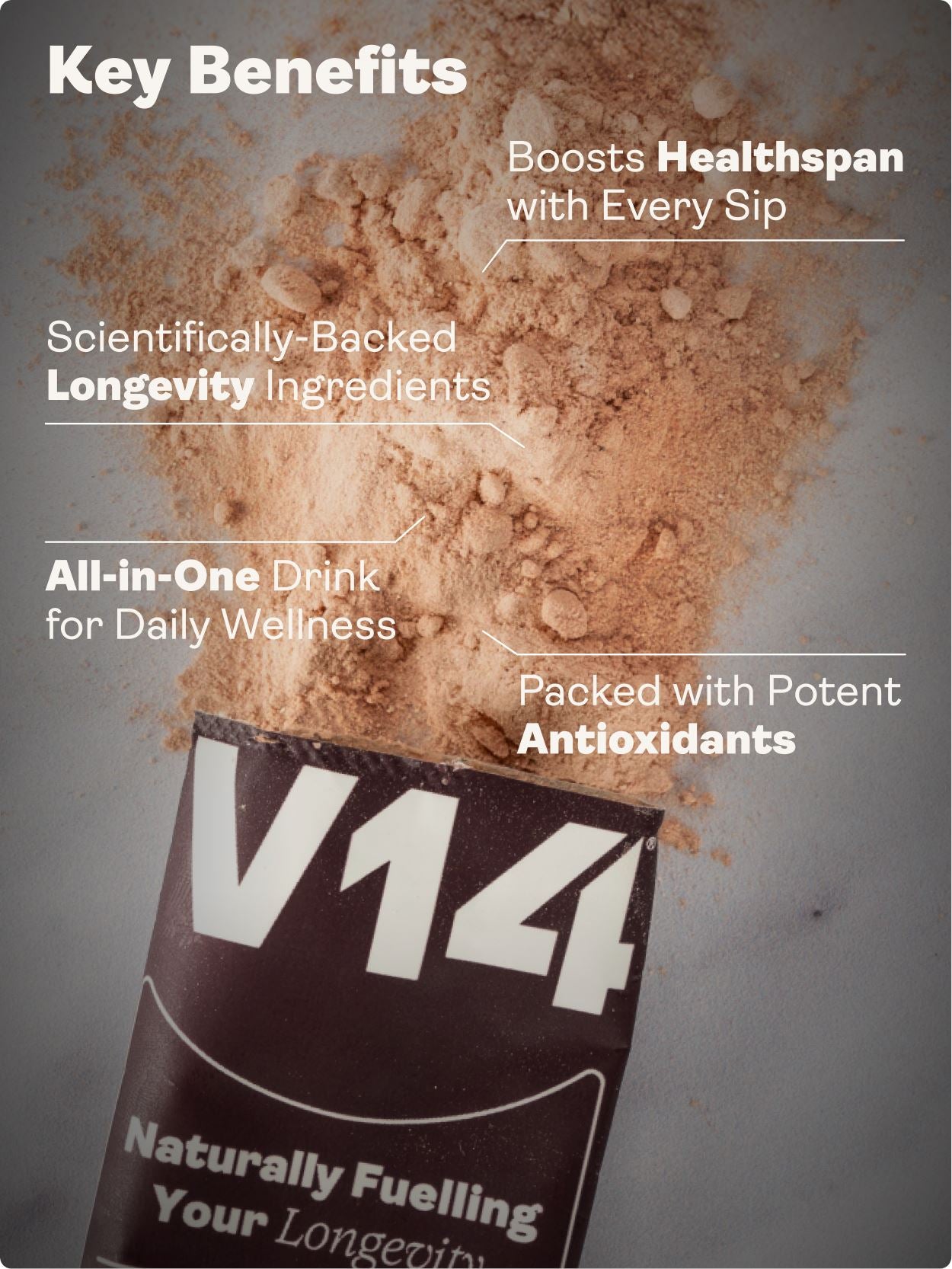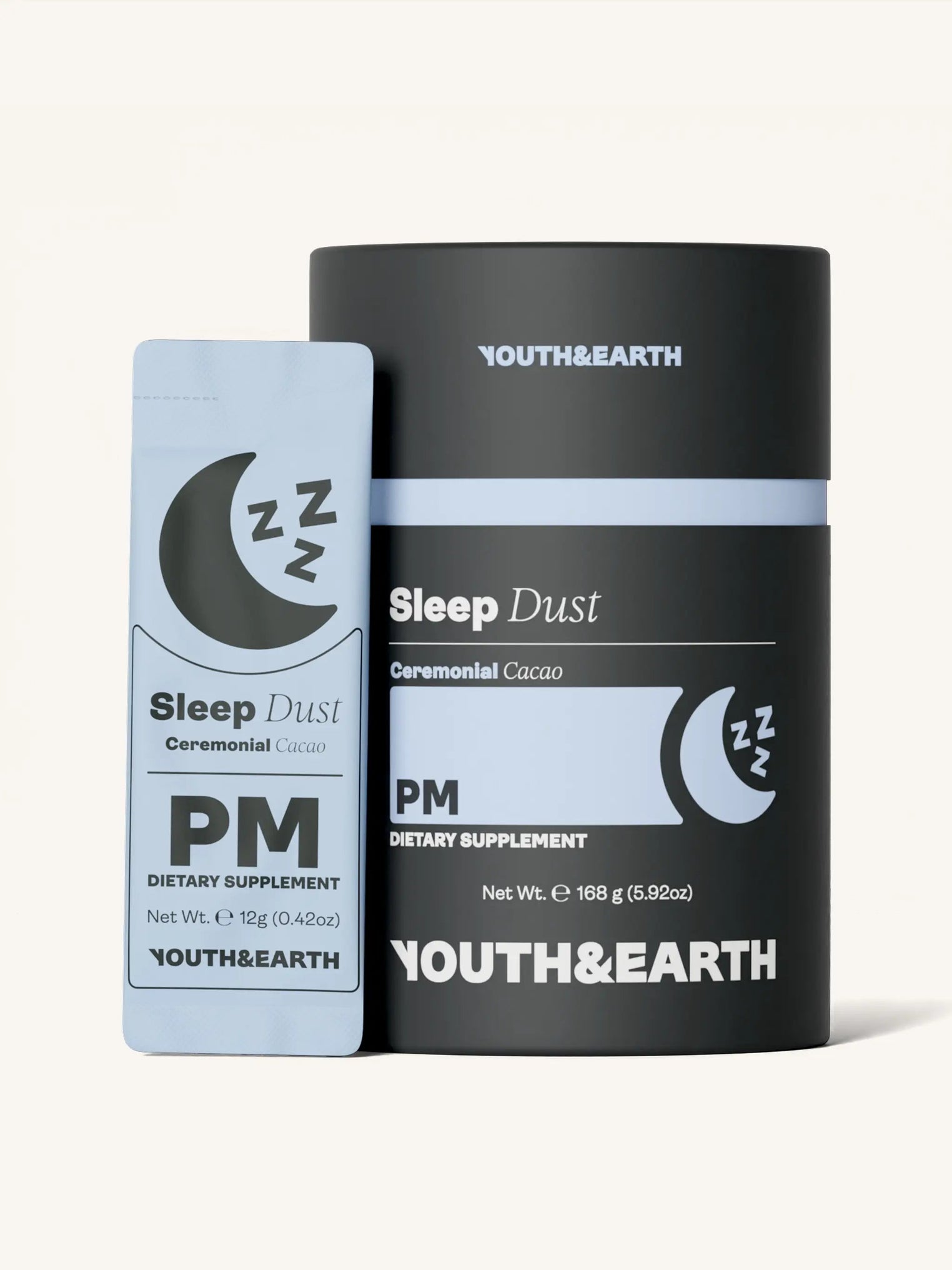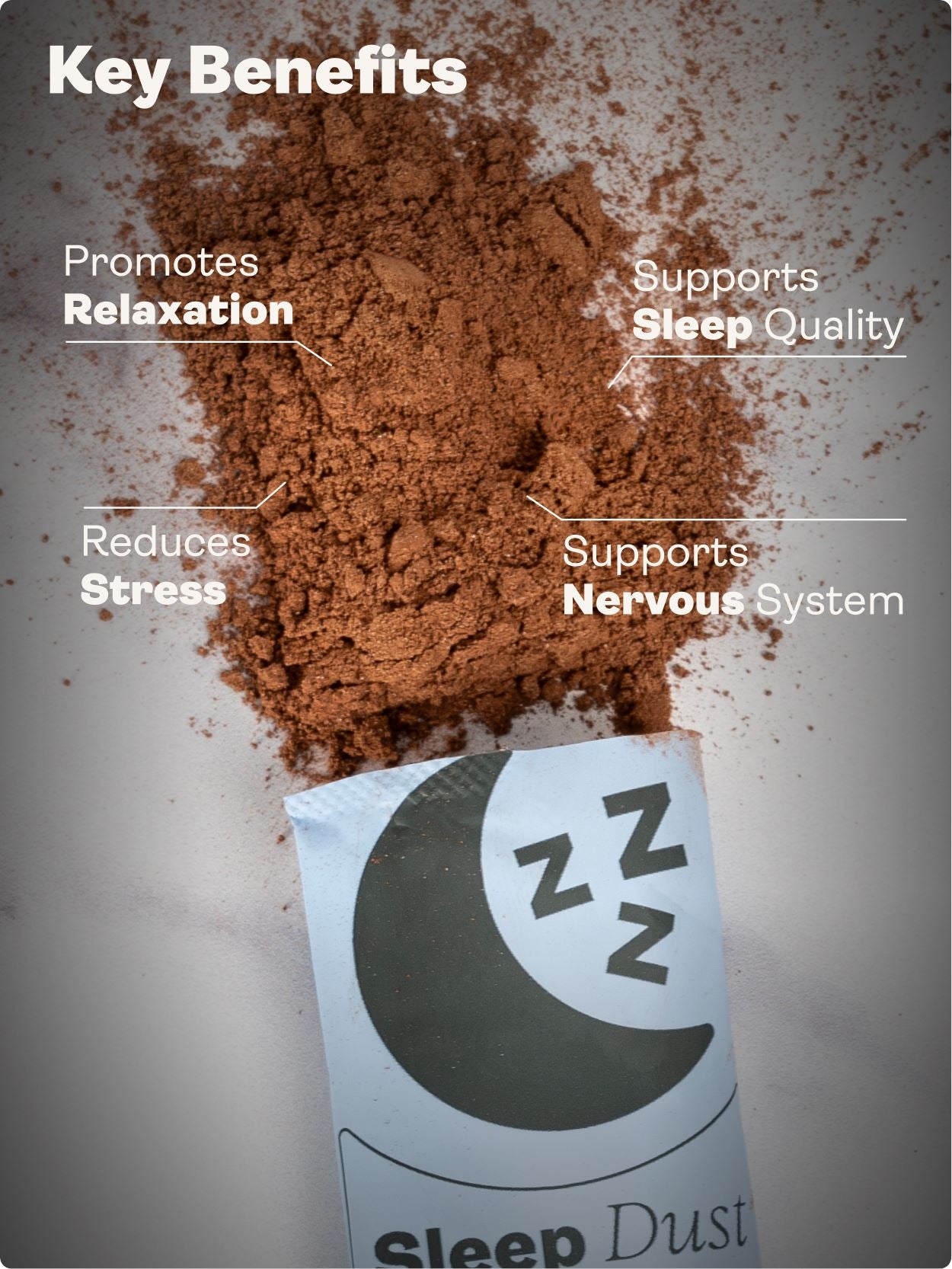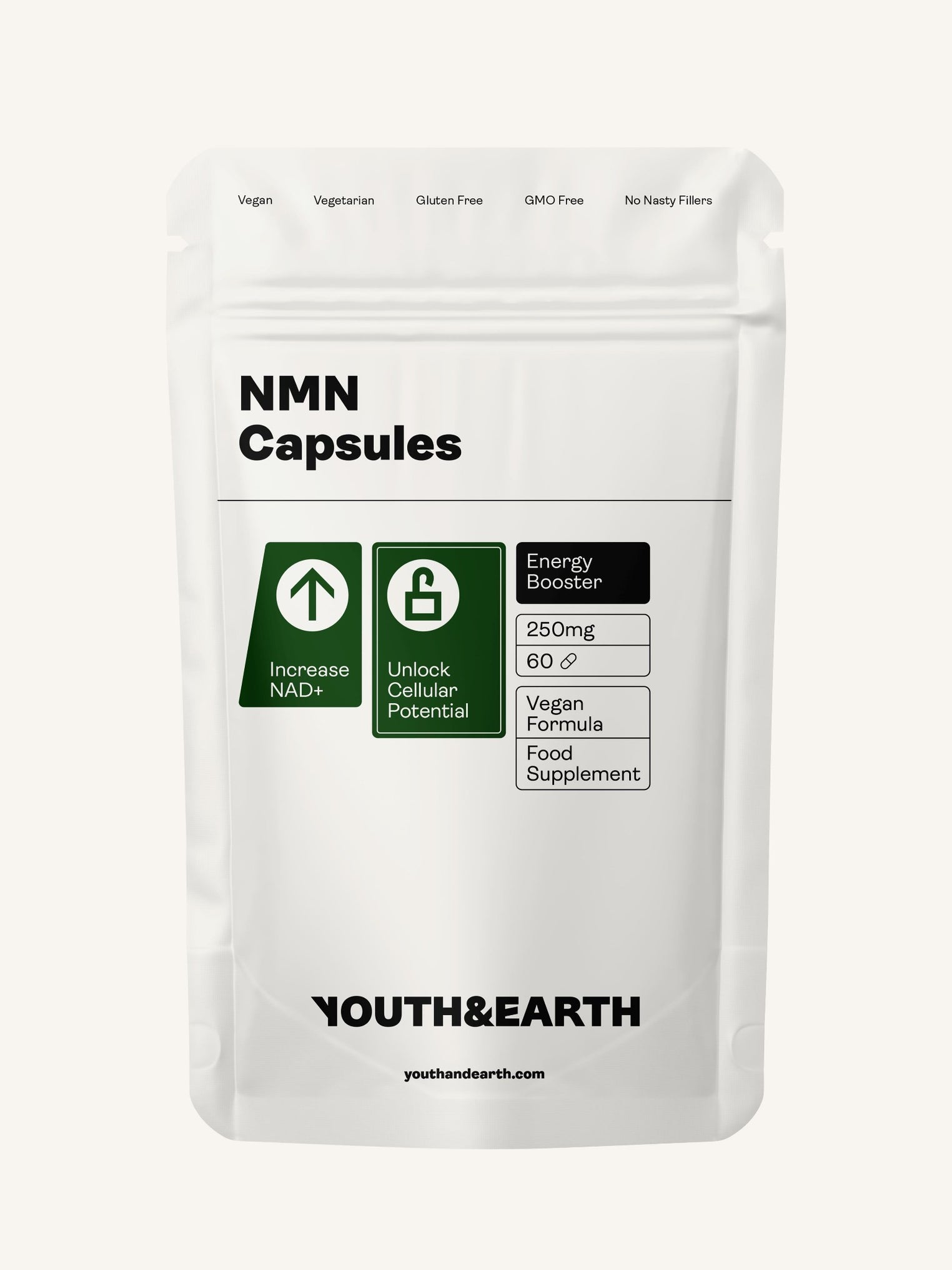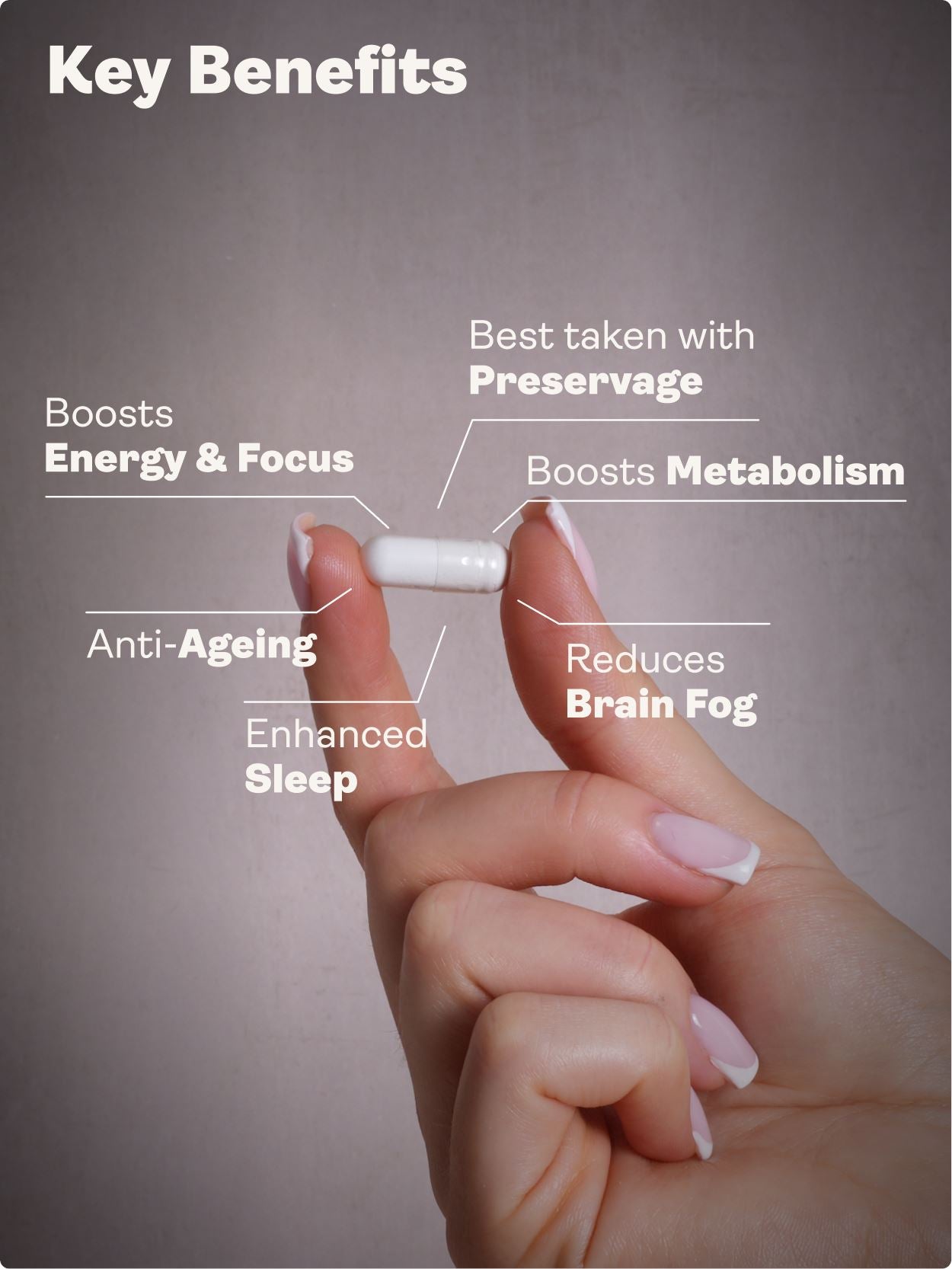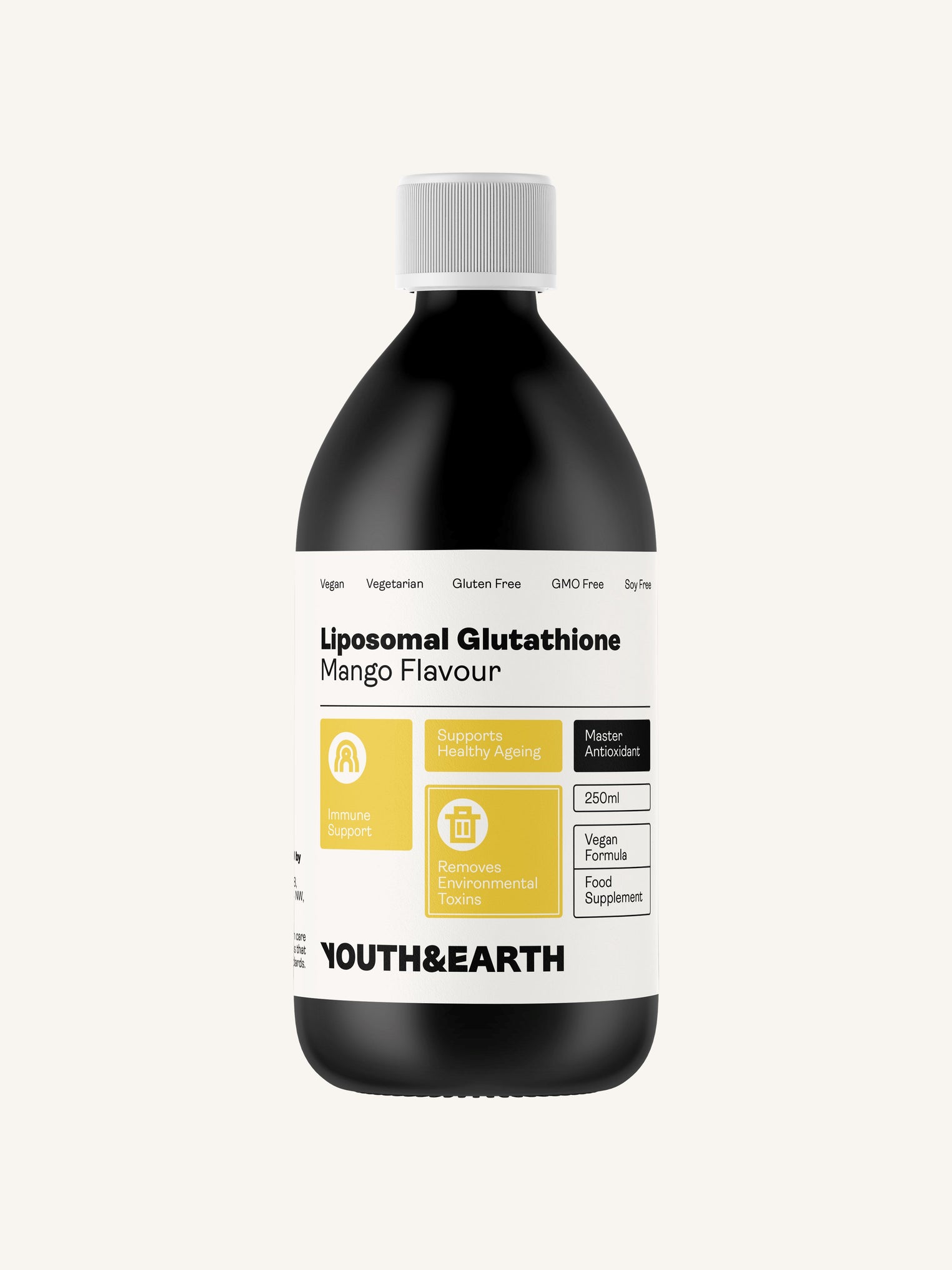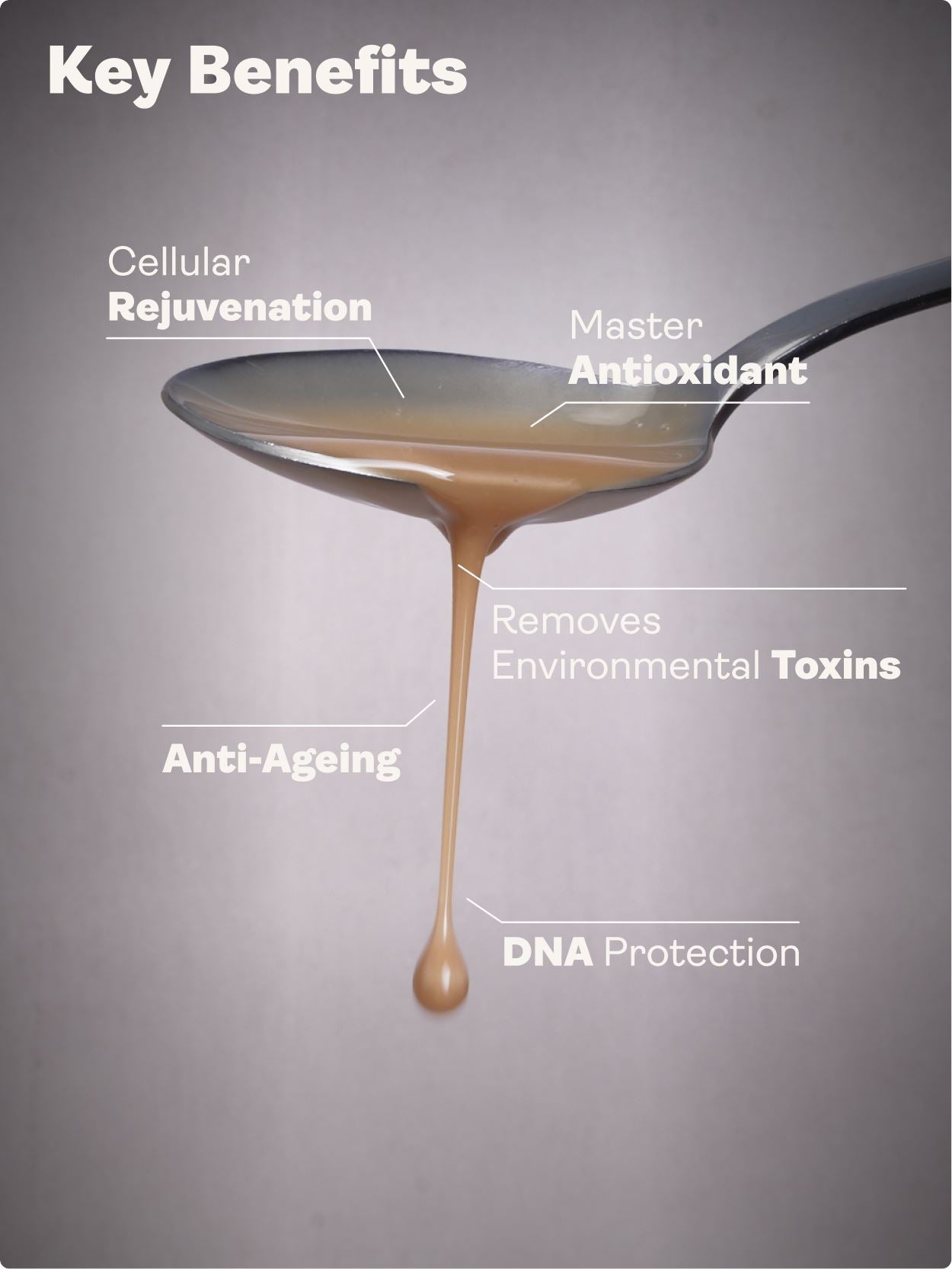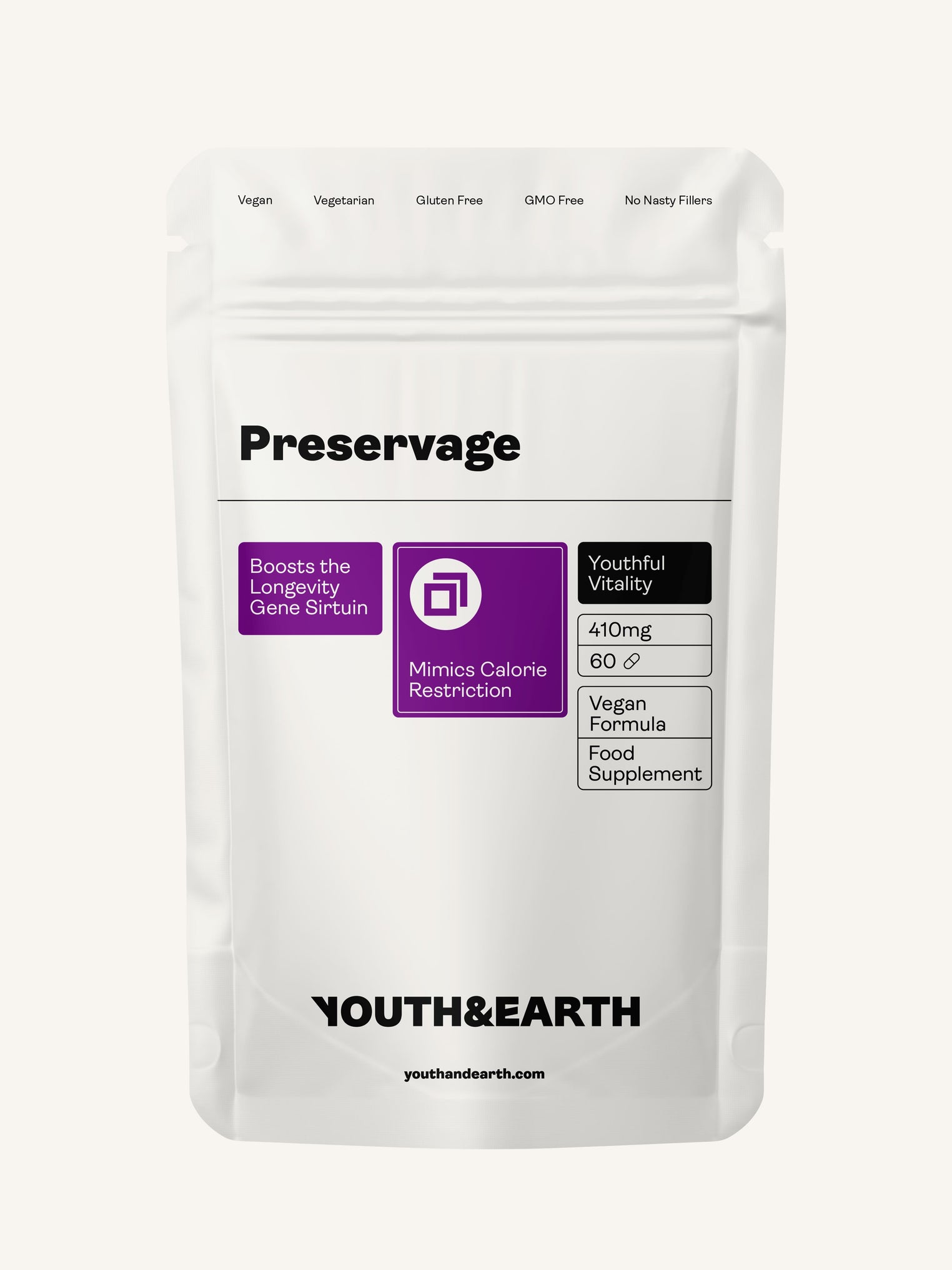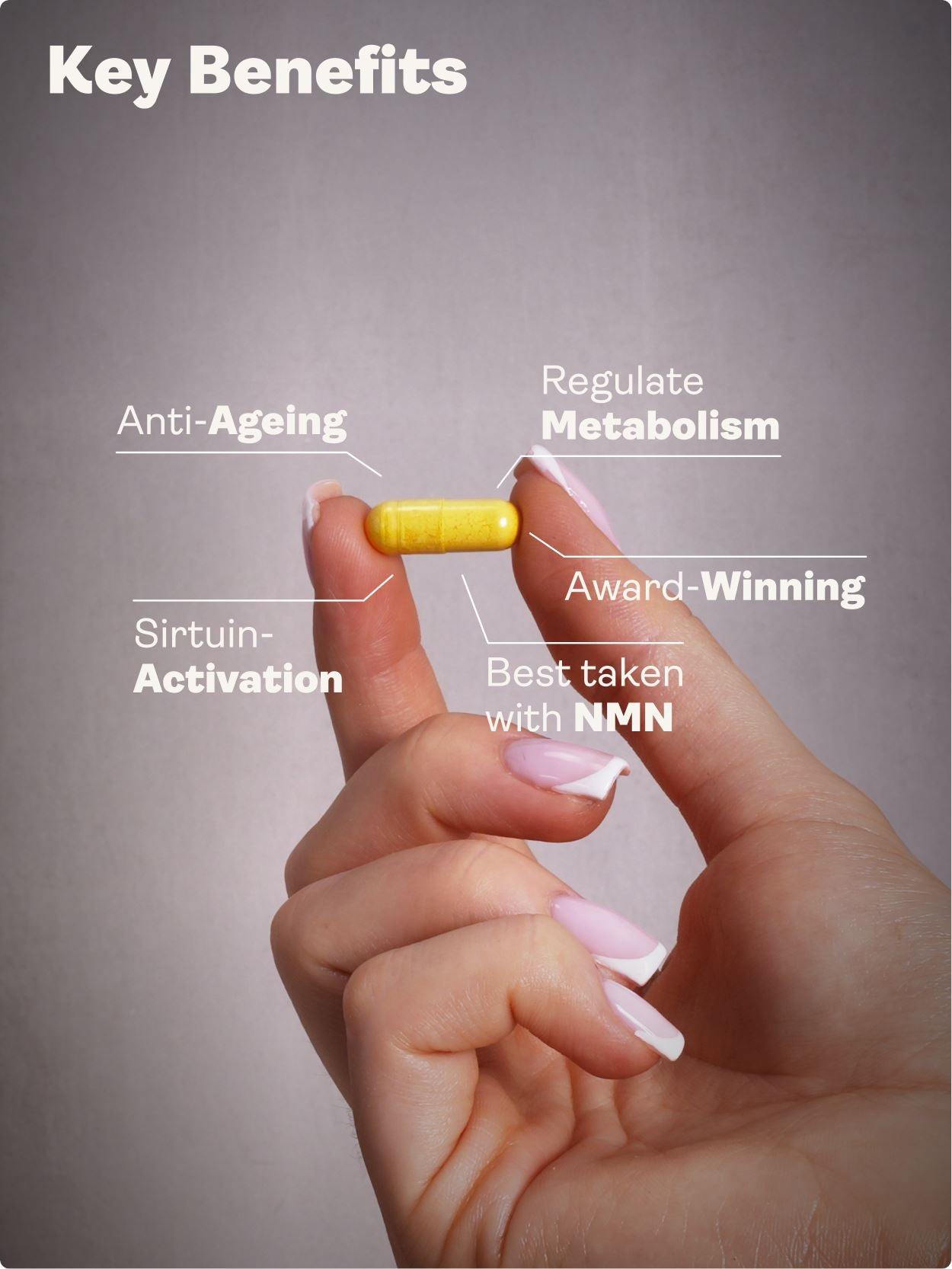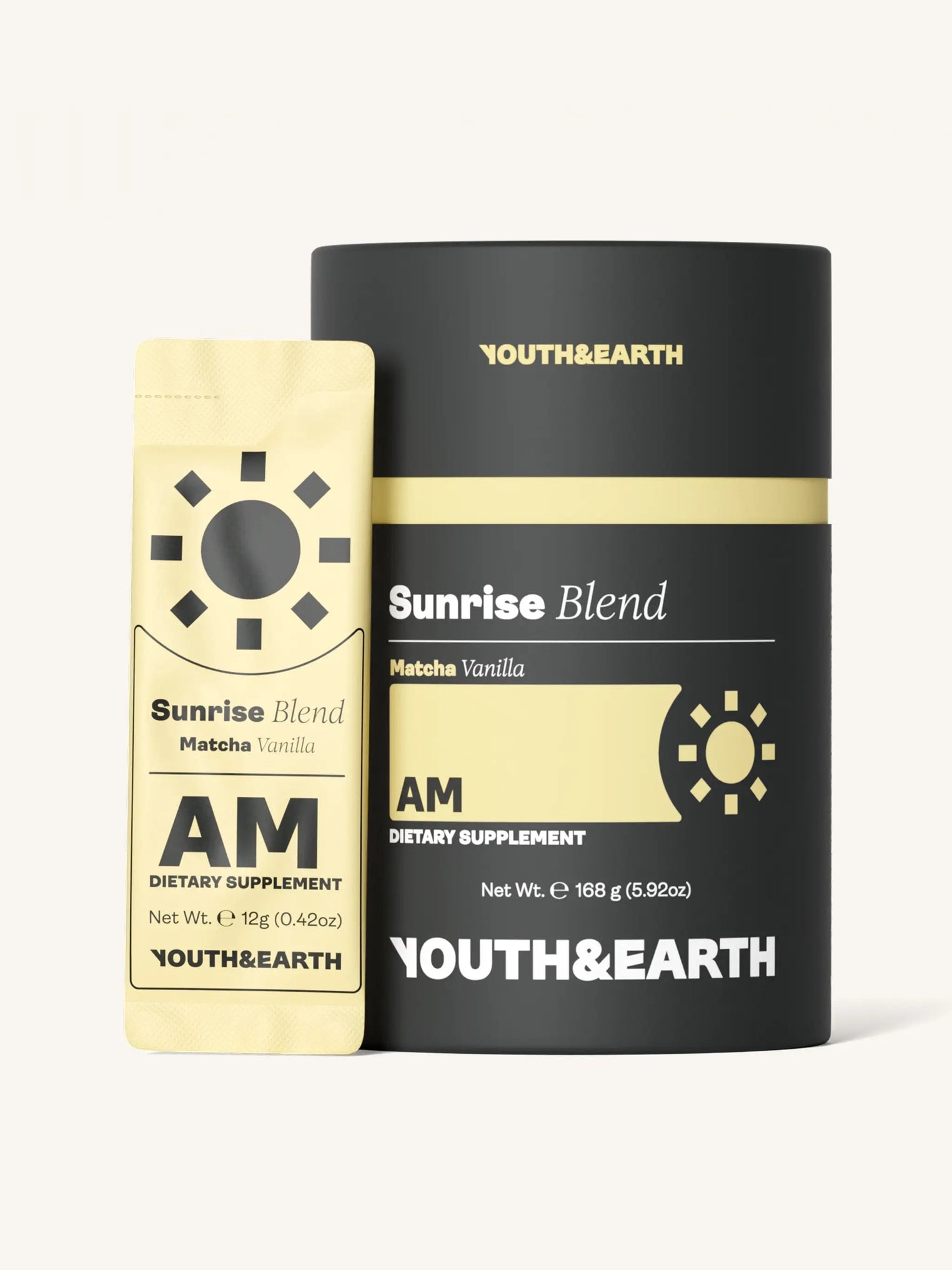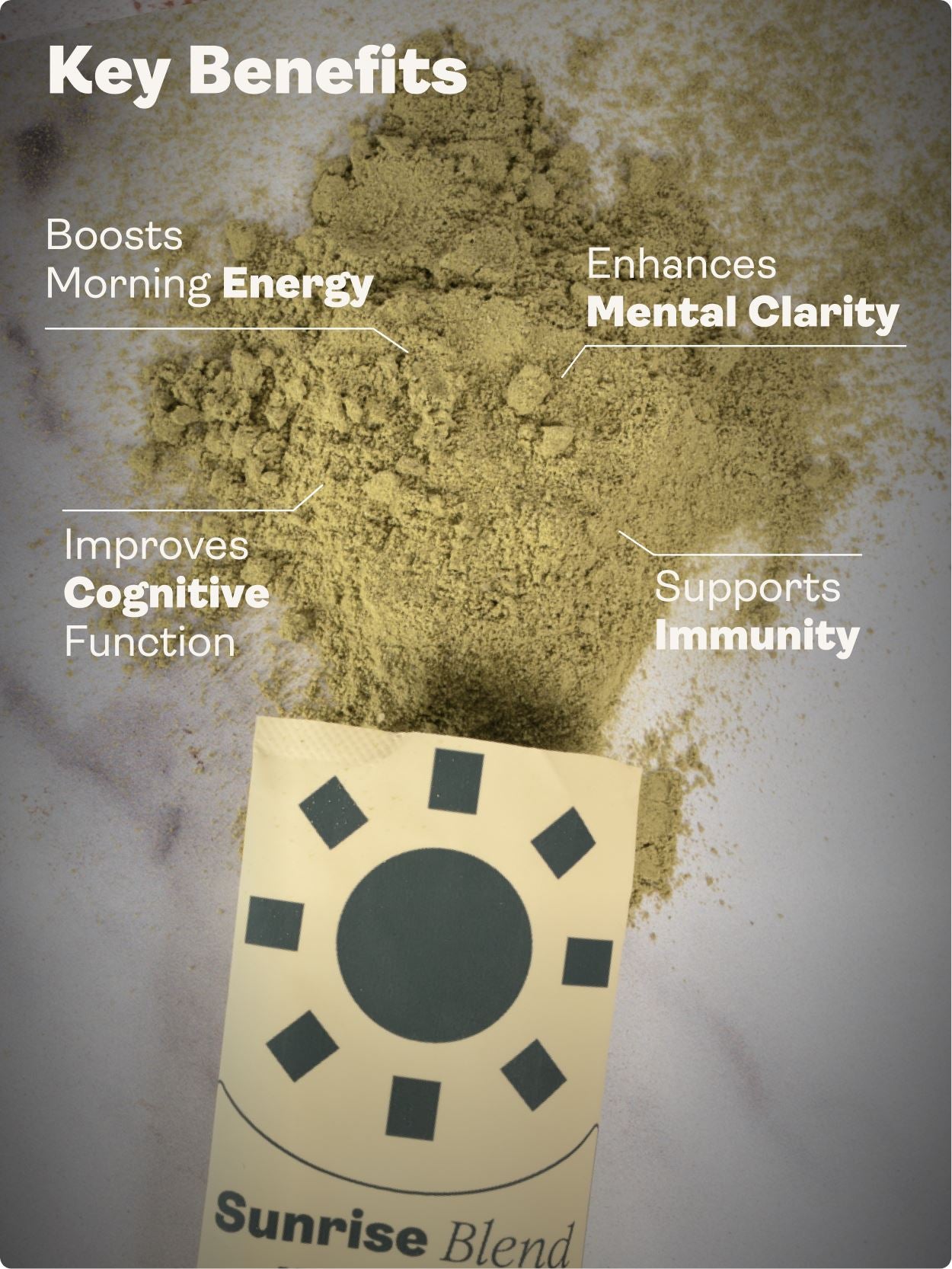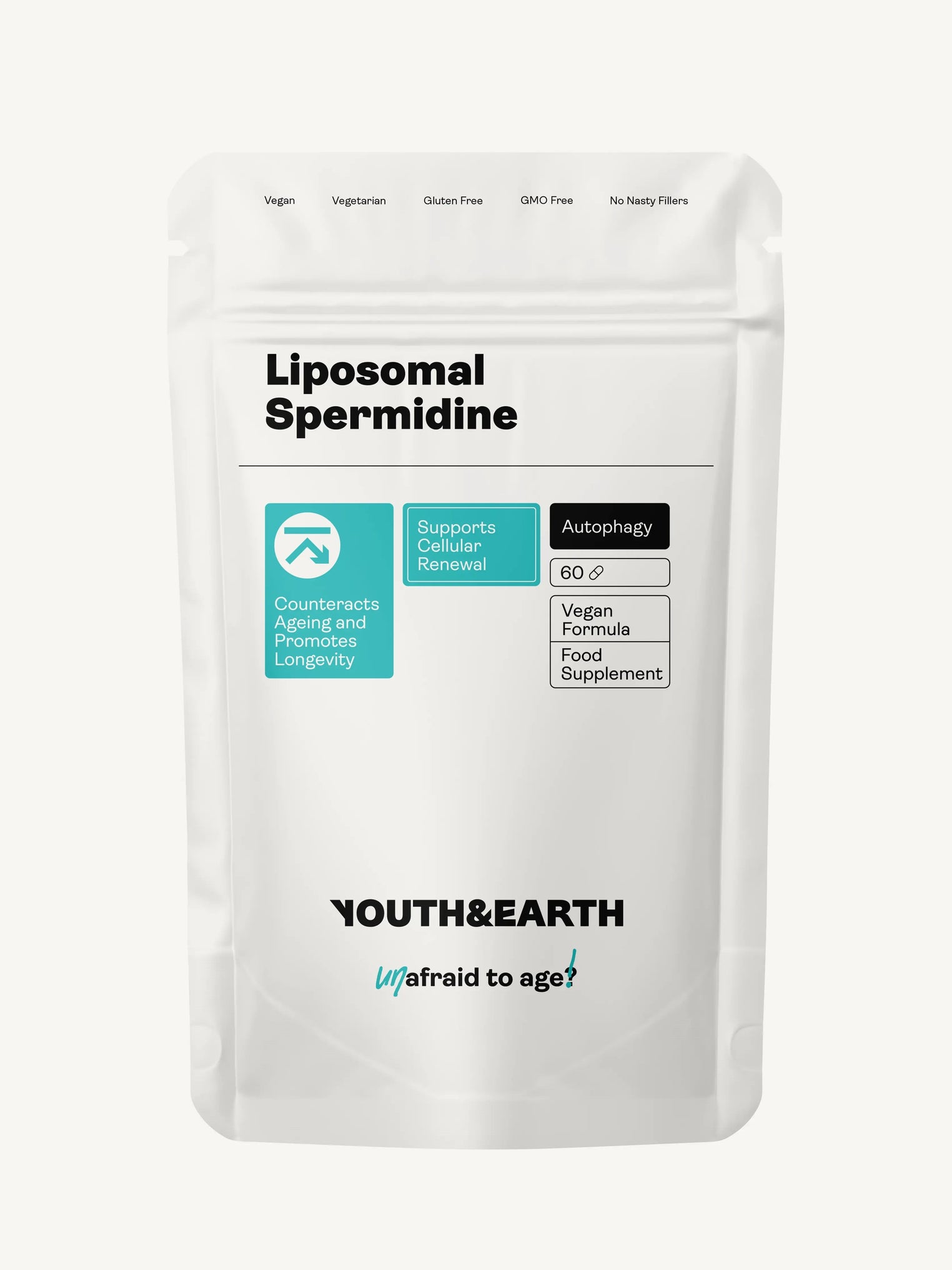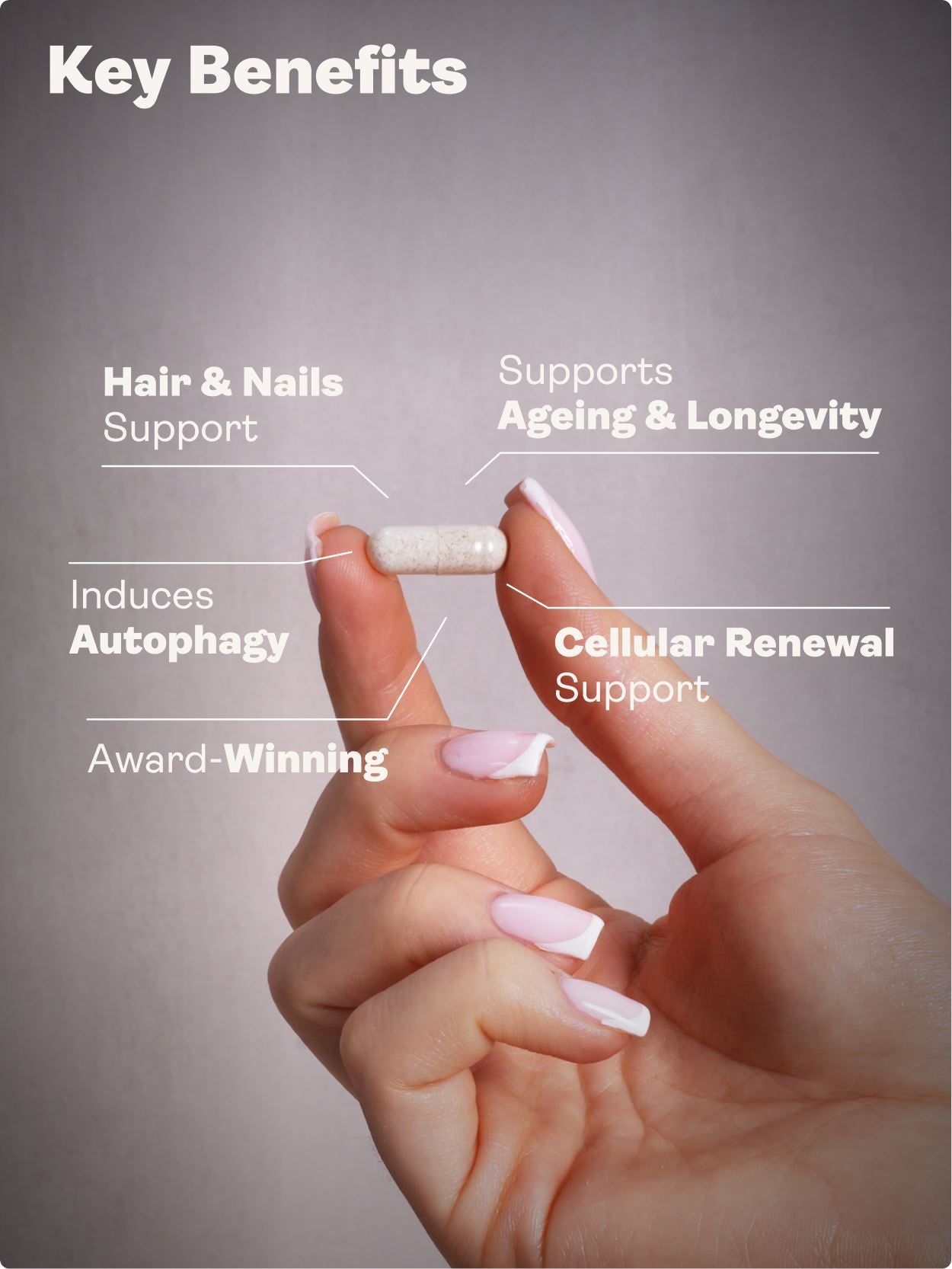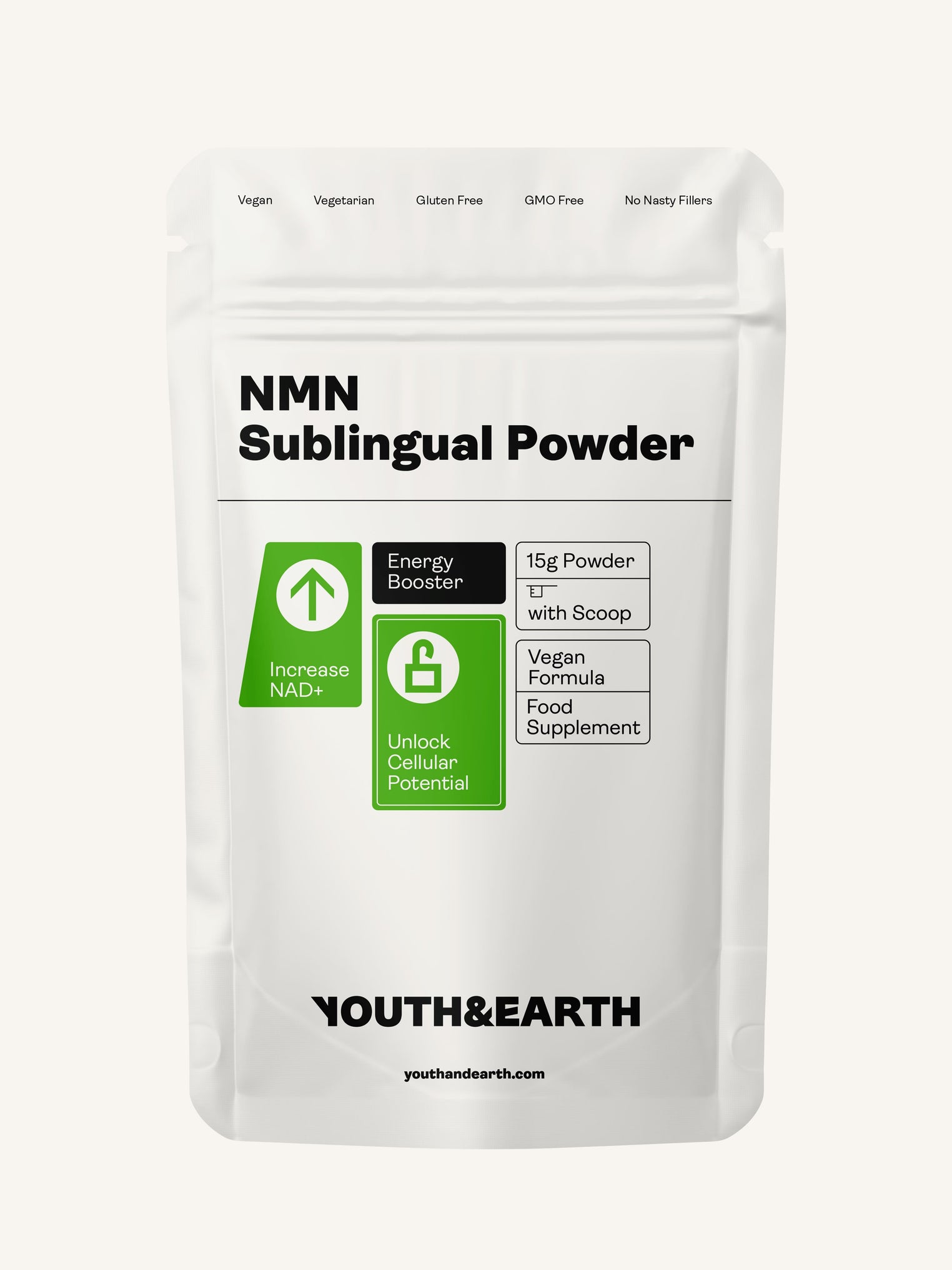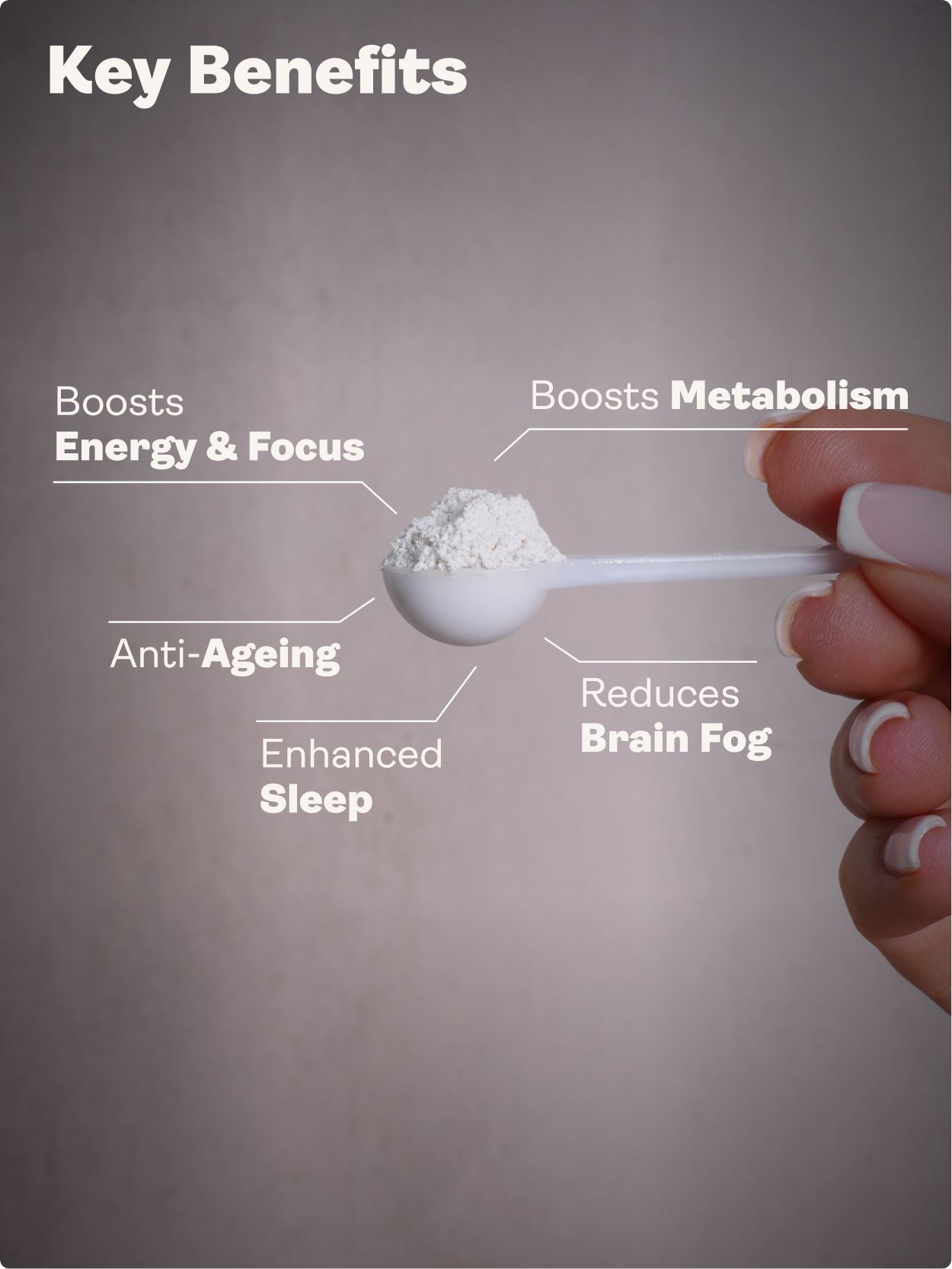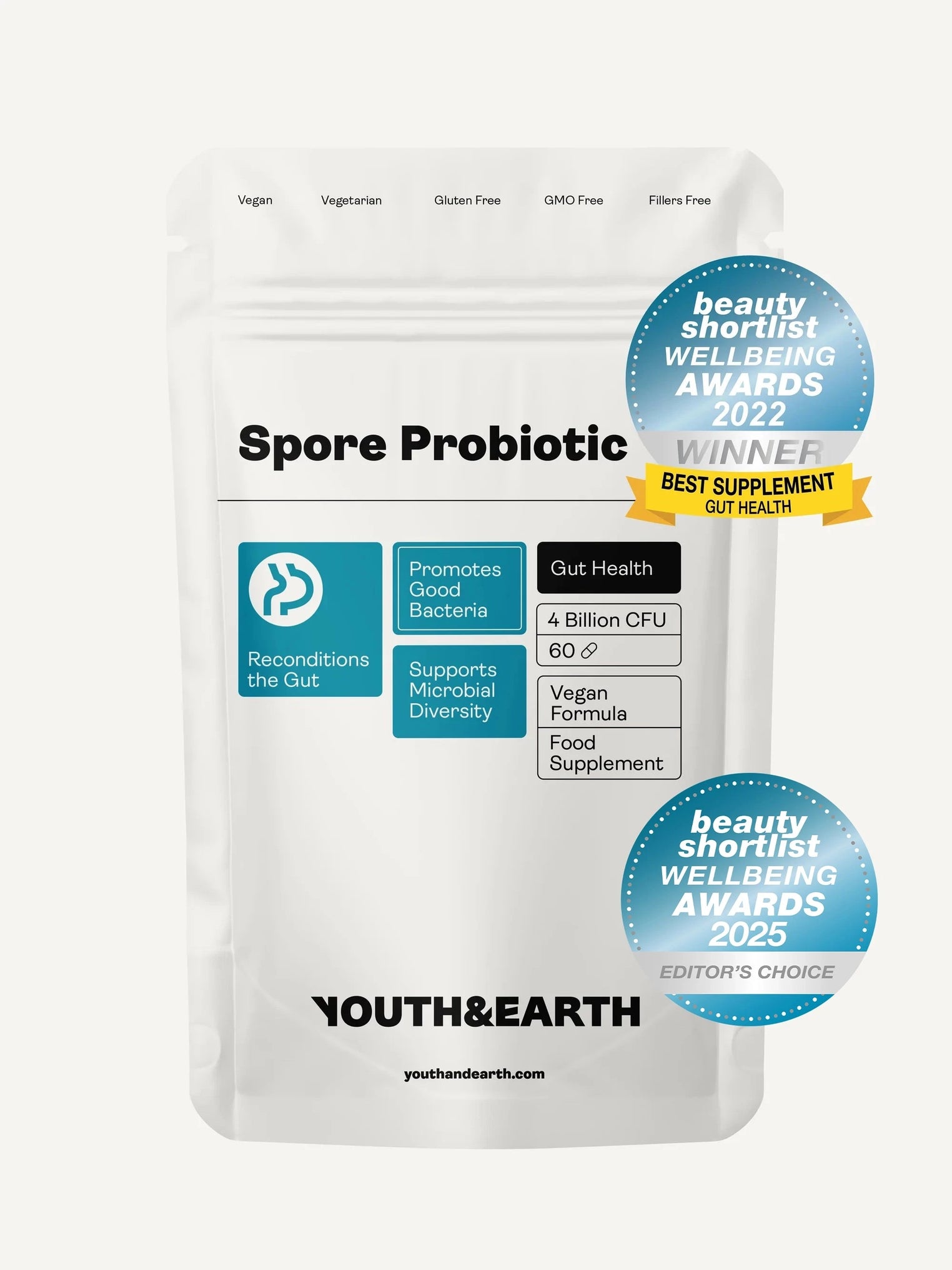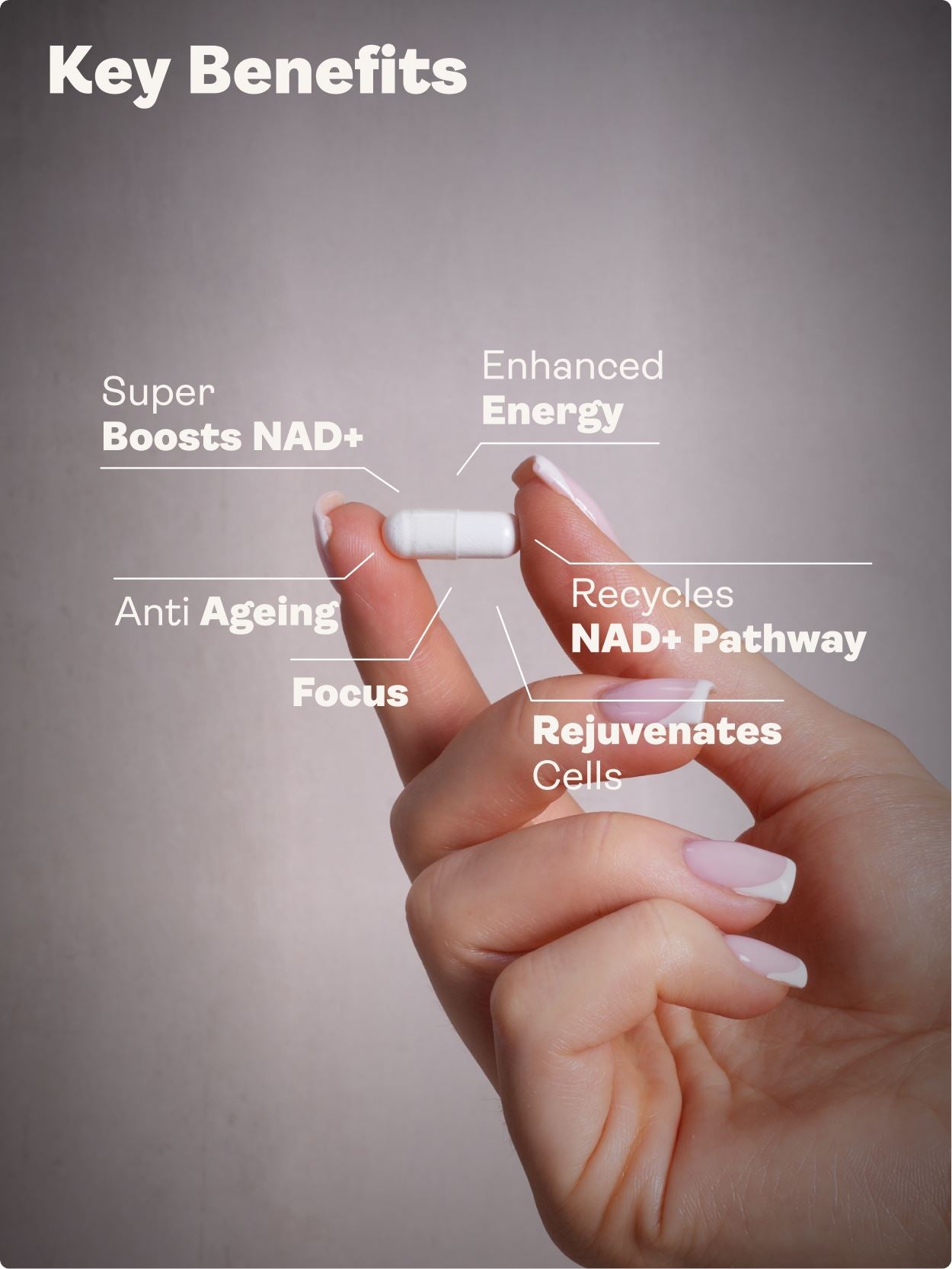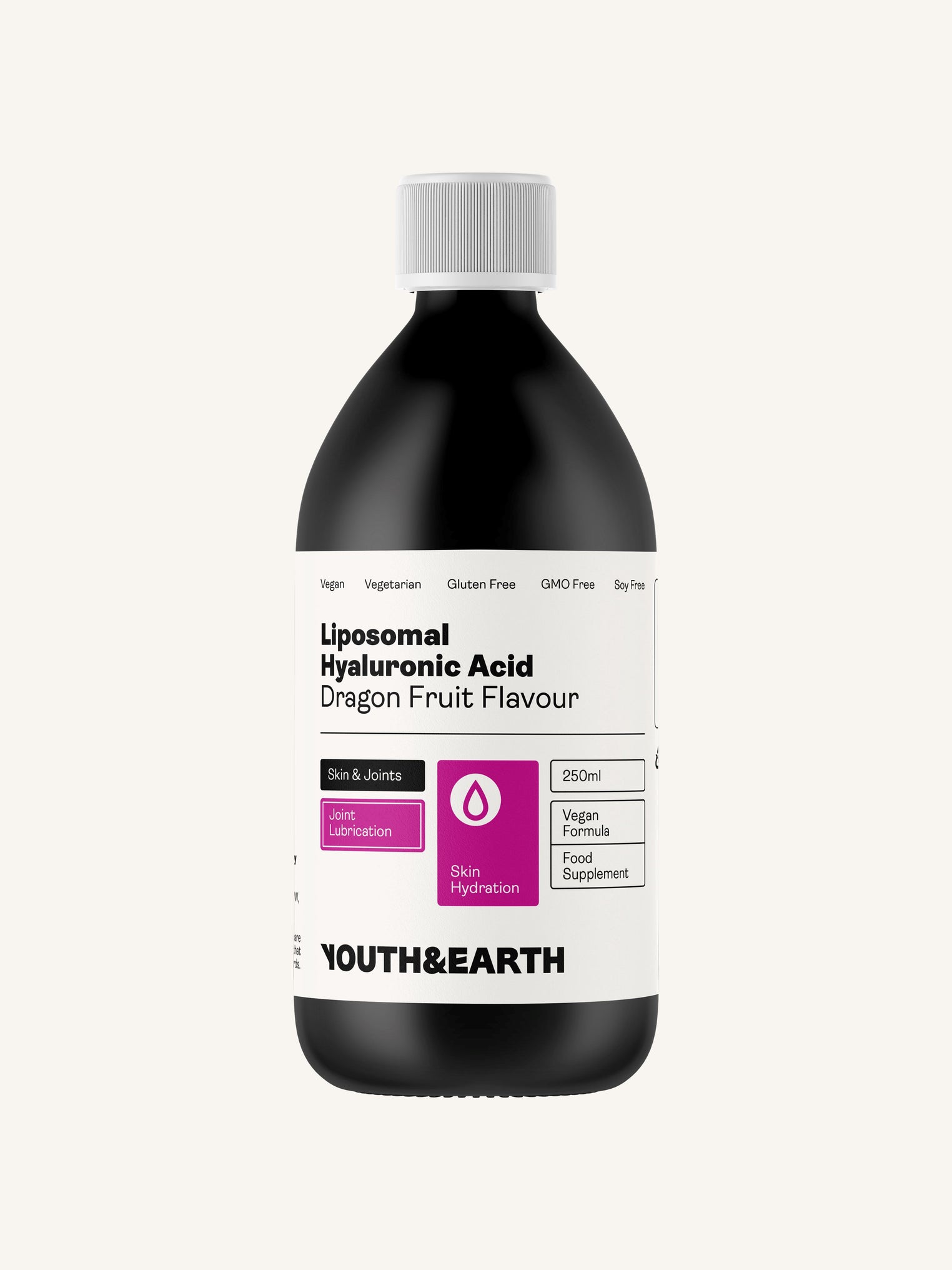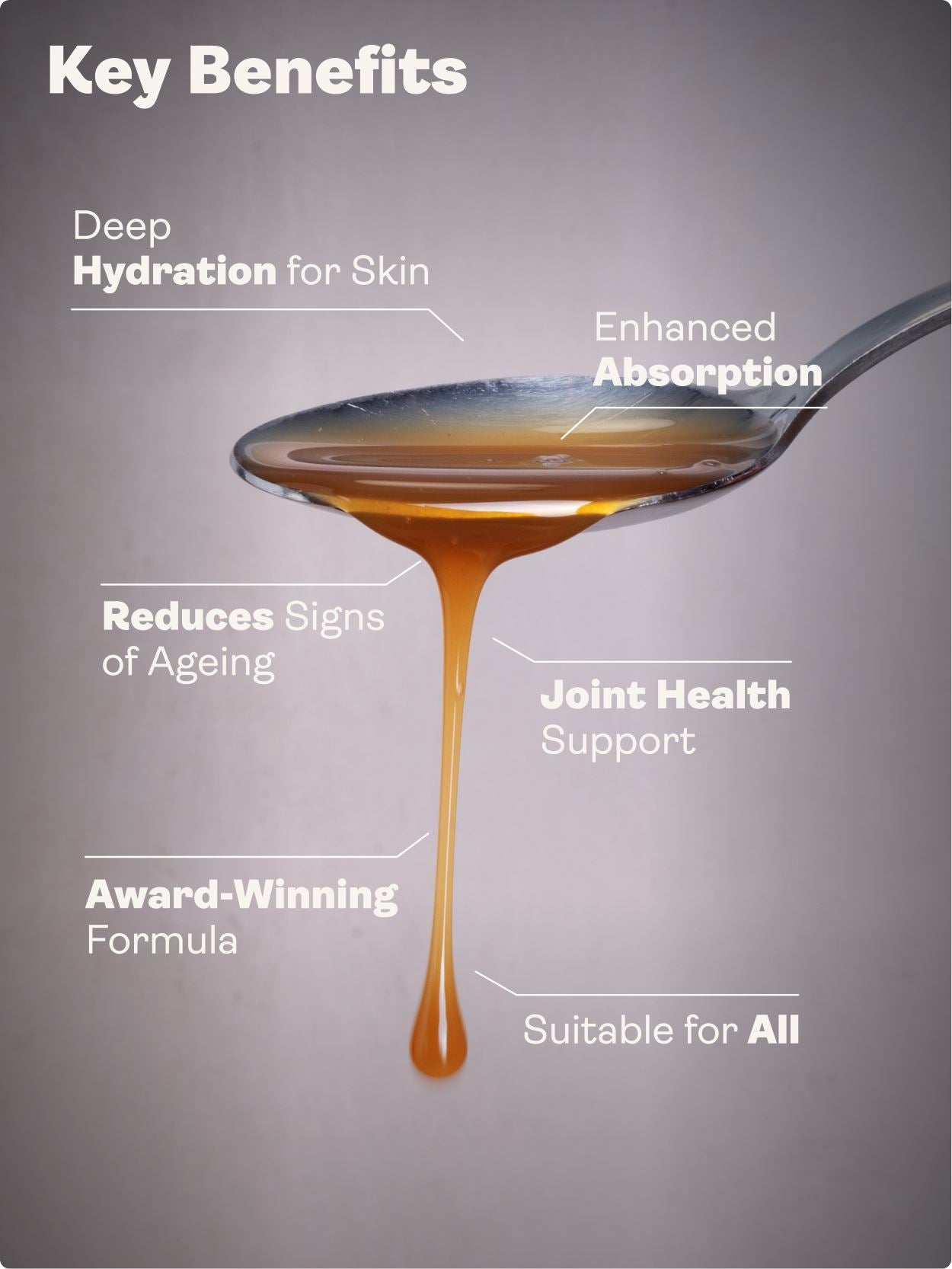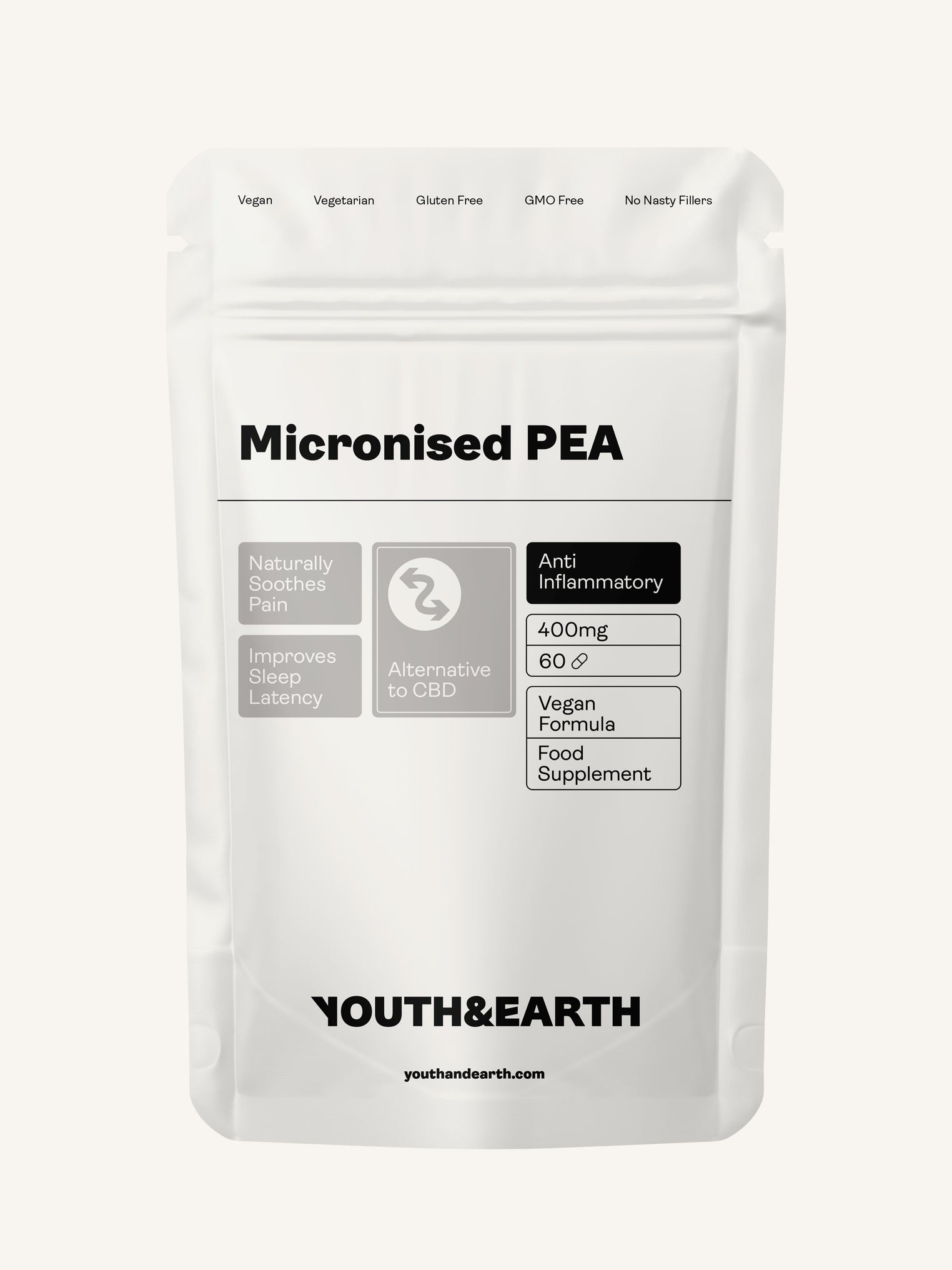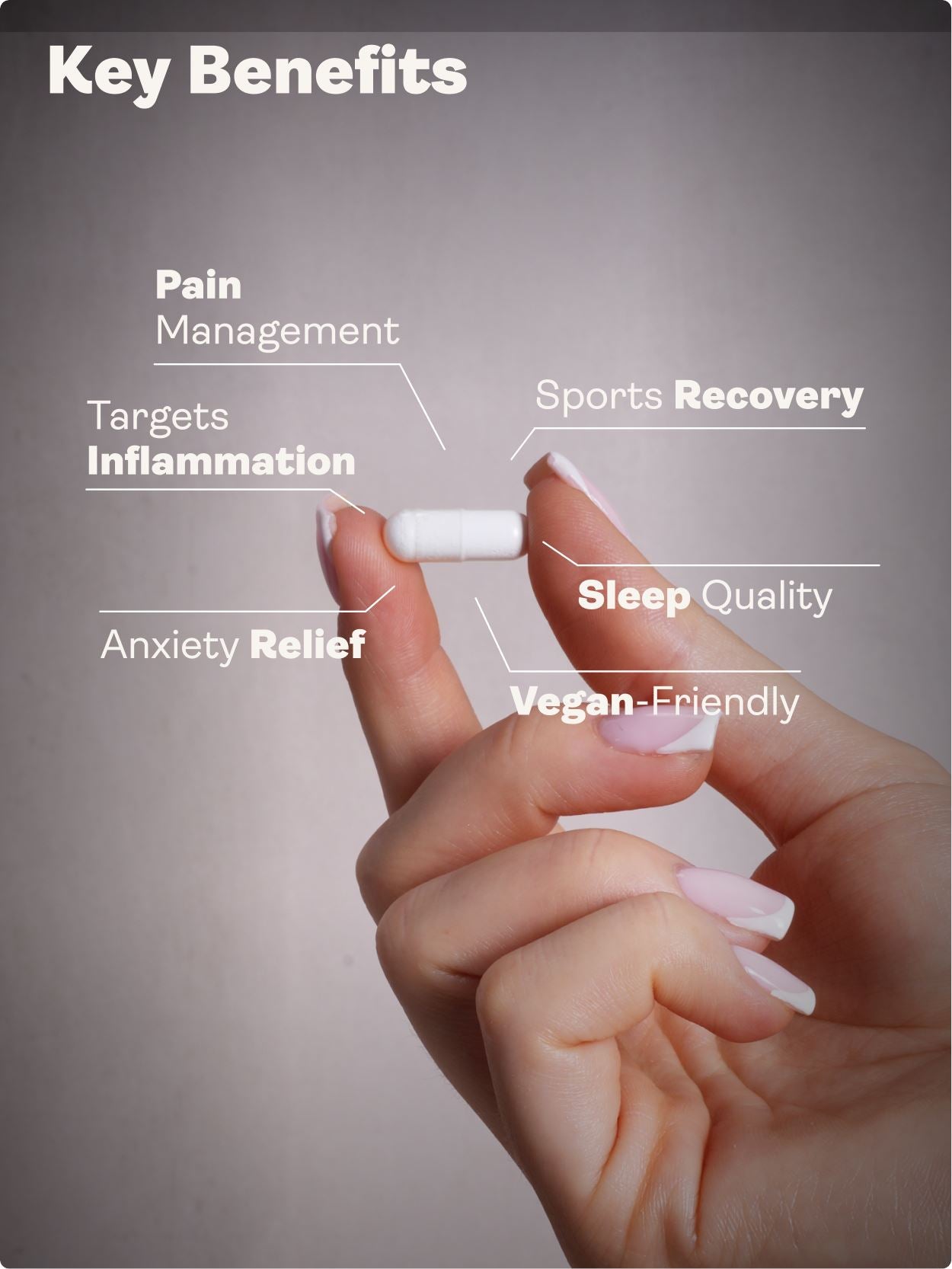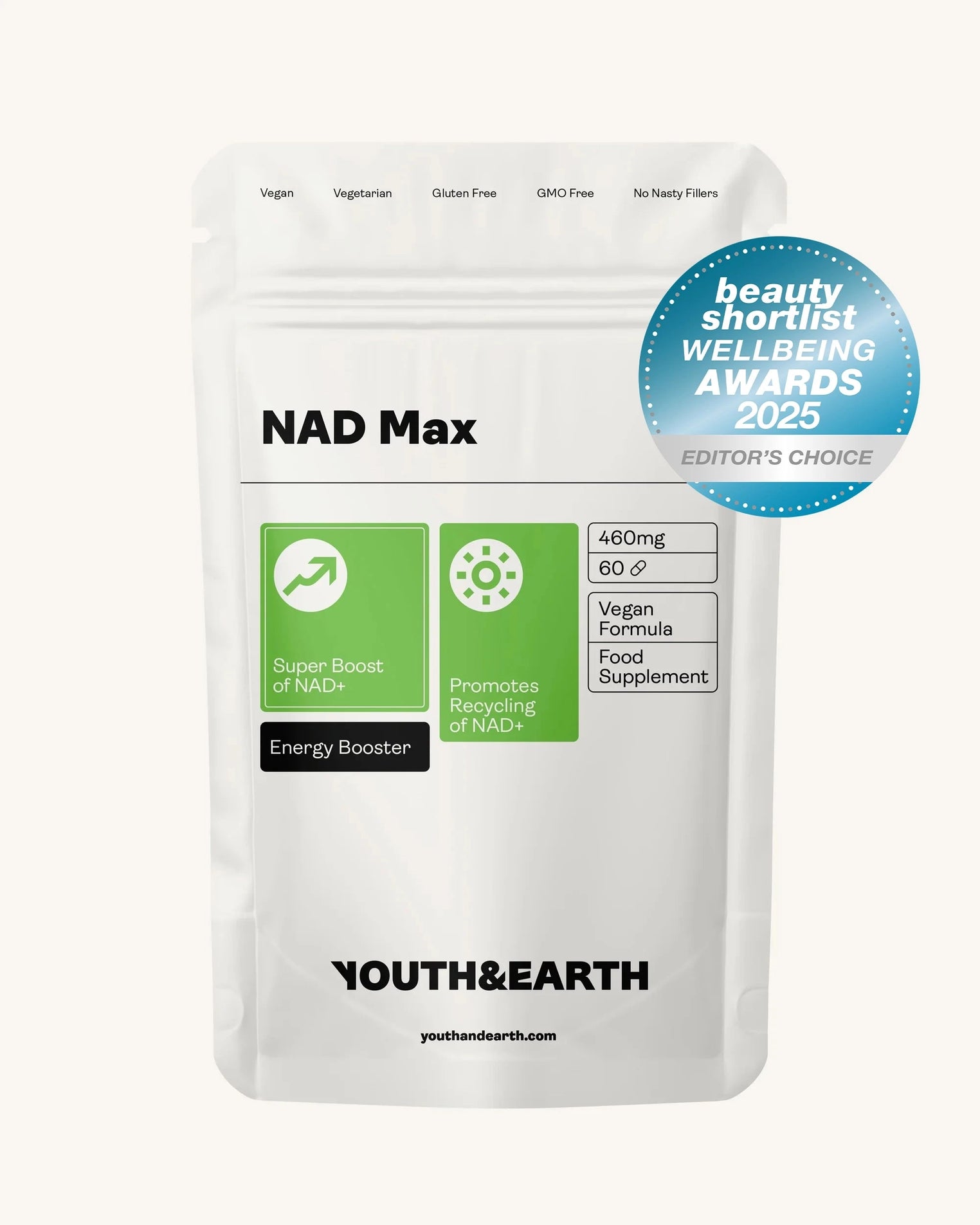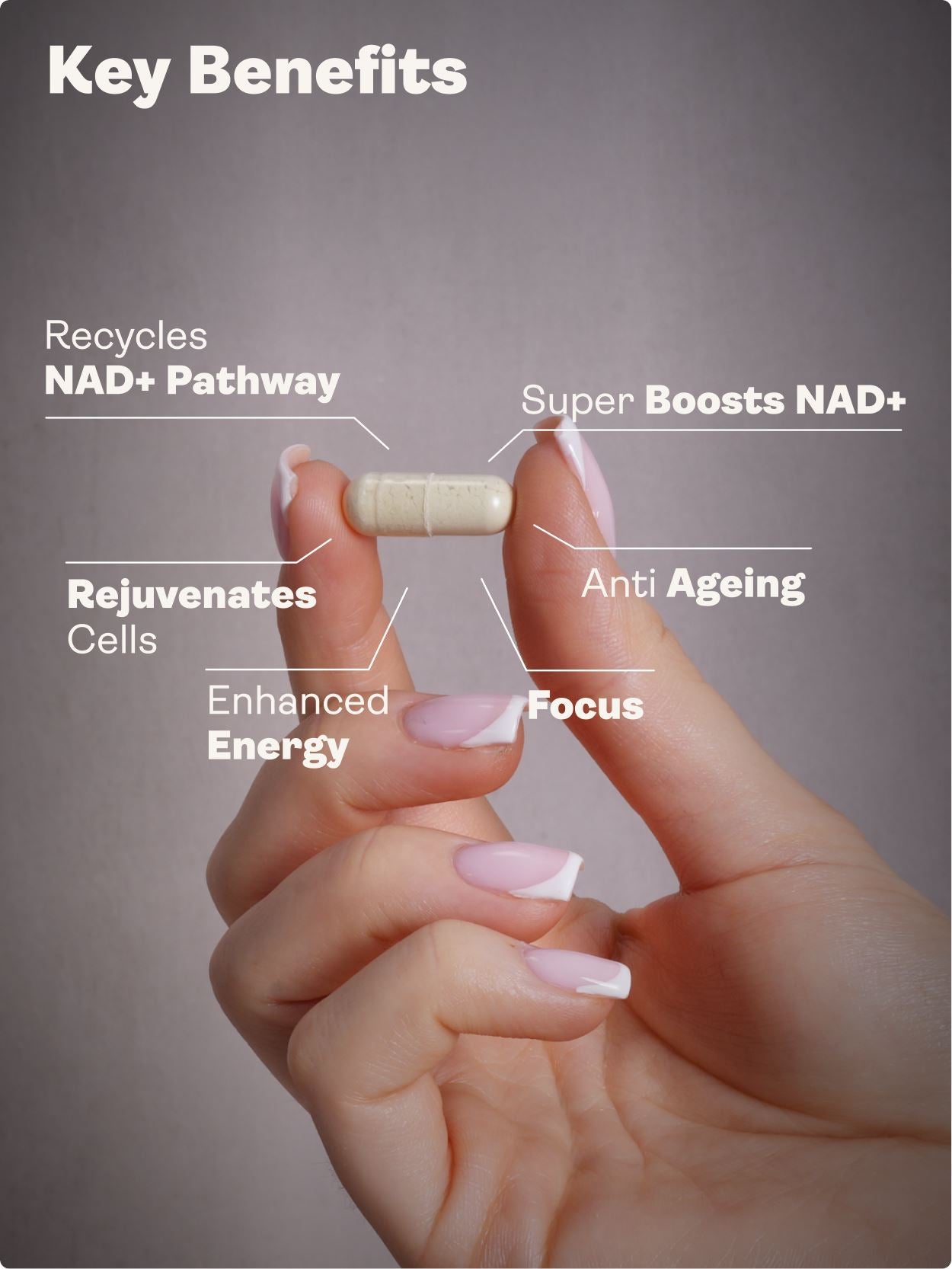Could peptides be the key to slowing aging and optimizing vitality? Peptide bioregulators, pioneered by Dr. Vladimir Khavinson and featured in Dr. Seeds’ Protocol, are transforming biohacking by targeting specific organs to enhance repair, immunity, and longevity. From Epitalon’s telomere-lengthening effects to BPC-157’s healing capabilities, these compounds offer science-backed anti-aging benefits. This article explores the history of Dr. Khavinson’s groundbreaking discoveries, the development of natural and synthetic bioregulators, their targeted mechanisms, and how to use them safely for healthspan and vitality.
TL;DR: Biohacking with Peptide Bioregulators
Peptide bioregulators, such as Epitalon, Thymalin, and BPC-157 from Dr. Seeds’ Protocol, alongside others like Ipamorelin and Semax, are short-chain amino acids that promote cellular repair, reduce inflammation, and extend healthspan. Originating from Dr. Khavinson’s research in Russia, these peptides—some derived from bovine organs and others synthesized in labs—target organs like the pineal gland, thymus, and gut. They work precisely to restore deficient functions without overstimulating healthy systems. Combined with lifestyle optimization and proper cycling, these peptides are powerful biohacking tools for anti-aging. This article details their history, benefits, dosages, and safety protocols, drawing from experts like Dr. William Seeds and Ben Greenfield.
Table of Contents
-
History of Dr. Vladimir Khavinson and Peptide Bioregulators
-
What Are Peptide Bioregulators and Why Biohack with Them?
-
Science Snapshot: How Bioregulators Promote Longevity
-
Natural vs. Synthetic Peptide Bioregulators
-
What Are the Best Peptide Bioregulators for Longevity?
-
How Can You Safely Biohack with Bioregulators?
-
Conclusion: Biohacking Longevity with Peptides
-
FAQ: Peptide Bioregulators and Anti-Aging
-
Glossary of Terms
-
About the Author and Review
History of Dr. Vladimir Khavinson and Peptide Bioregulators
Dr. Vladimir Khavinson (1946–2024), a renowned Russian gerontologist, revolutionized anti-aging research through his discovery and development of peptide bioregulators. As Director of the Saint Petersburg Institute of Bioregulation and Gerontology and Vice-President of the Gerontological Society of the Russian Academy of Sciences, Khavinson dedicated over 40 years to studying peptides’ role in aging. His work began in the 1970s under the USSR Ministry of Defence, initially focusing on protecting military personnel from environmental stressors like radiation and toxins. This led to the discovery of peptide bioregulators—short-chain peptides that regulate gene expression and protein synthesis to restore organ function.
Khavinson’s research, starting with bovine-derived peptides, identified over 20 peptide complexes from organs like the thymus, pineal gland, and cerebral cortex of calves. These natural peptides, such as Thymalin and Epithalamin, were extracted to mimic the body’s regulatory mechanisms. By the 1980s, his team synthesized 15 additional peptides, like Epitalon and Vilon, based on amino acid sequences of these natural compounds. Over 700 publications and 196 patents document his work, with studies showing a 20–40% lifespan increase in rodents and improved health markers in humans. Notable trials included a 2003 study demonstrating Epitalon’s telomere-lengthening effects (Neuroendocrinology Letters) and a 2022 study showing Thymalin’s immune benefits in elderly patients (Biogerontology). His research also benefited groups like Russian cosmonauts and Gazprom workers, reducing illness rates by 2.8 times in harsh environments.
What Are Peptide Bioregulators and Why Biohack with Them?
Peptide bioregulators are short chains of amino acids (2–4 peptides) that regulate gene expression and protein synthesis, targeting specific organs like the pineal gland, thymus, or gut. Unlike longer peptides (e.g., BPC-157), bioregulators are often orally active, making them ideal for biohacking. Dr. Seeds’ Protocol, inspired by Khavinson’s research, uses natural (bovine-derived) and synthetic bioregulators like Epitalon and Thymalin to restore cellular function, while others like Ipamorelin, popularized by Ben Greenfield, boost growth hormone for anti-aging (bengreenfieldlife.com).
Why It Matters: Aging reduces organ efficiency, shortens telomeres, and increases inflammation. Bioregulators work precisely, fixing only what’s deficient by interacting with DNA to activate repair pathways without overstimulating healthy systems. Biohackers use these peptides to optimize healthspan, leveraging tissue-specific effects to combat age-related decline.
Science Snapshot: How Bioregulators Promote Longevity
Peptide bioregulators and therapeutic peptides support anti-aging through targeted mechanisms:
-
Telomere Lengthening: Activate telomerase to maintain DNA integrity (Neuroendocrinology Letters, 2003).
-
Cellular Repair: Stimulate autophagy, clearing damaged cells (MDPI, 2022).
-
Immune Modulation: Enhance T-cell production and reduce inflammation (Biogerontology, 2022).
-
Hormone Regulation: Balance melatonin and growth hormone for vitality (bengreenfieldlife.com).
-
Anti-Inflammatory Effects: Lower oxidative stress, protecting against chronic diseases (Journal of Applied Physiology).
Key Research: Khavinson’s 2003 study showed Epitalon extended telomeres, delaying aging (Neuroendocrinology Letters). A 2022 trial found Thymalin improved lifespan in elderly participants (Biogerontology). Ben Greenfield reports Ipamorelin and Tesamorelin increased muscle gain and fat loss in 8–12 weeks (bengreenfieldlife.com).
Natural vs. Synthetic Peptide Bioregulators
Peptide bioregulators are categorized into natural (bovine-derived) and synthetic forms, each with distinct origins and applications:
-
Natural Bioregulators: Derived from organs of young calves, these peptides (e.g., Thymalin, Epithalamin, Cortexin) are extracted to mimic the body’s natural regulatory peptides. Khavinson’s team isolated these from bovine thymus, pineal gland, and cerebral cortex, ensuring compatibility with human physiology. They are processed into complexes like Cytomaxs® for oral or injectable use. Their advantage lies in their close resemblance to human peptides, promoting precise restoration of organ function. For example, Thymalin restores thymus function, boosting immunity in elderly patients.
-
Synthetic Bioregulators: Developed in labs based on amino acid sequences of natural peptides, synthetics like Epitalon, Vilon, and Cartalax offer greater stability and scalability. These short peptides (di-, tri-, or tetrapeptides) are designed to target specific gene promoters, ensuring precise action without side effects. For instance, Epitalon (AEDG) mimics Epithalamin’s telomere-lengthening effects. Synthetics are often more cost-effective and easier to produce, with clinical studies confirming their safety and efficacy.
Both types work by binding to DNA’s promoter regions, activating genes only where repair is needed, ensuring no overstimulation of healthy tissues. This targeted mechanism distinguishes bioregulators from broader-acting drugs, making them ideal for biohacking.
What Are the Best Peptide Bioregulators for Longevity?
This section covers the most effective peptides in Dr. Seeds’ Protocol and others highlighted by Ben Greenfield, distinguishing between natural and synthetic options.
Natural Bioregulators
-
Thymalin (Thymogen)
Origin: Bovine thymus extract.
Function: Supports thymus gland and immune function.
Dosage: 5–10 mg daily (injectable) for 5–10 days, 2–3x/year.
Benefits:-
Restores T-cell production, improving immunity in elderly (Biogerontology, 2022).
-
Reduces inflammation and supports autoimmune conditions (MDPI, 2022).
-
Extends lifespan by lowering chronic inflammation (Biogerontology).
-
Accelerates infection recovery (@bryan_johnson).
Use Case: Ideal for those over 60 to combat immune decline.
-
-
Endoluten
Origin: Bovine pineal gland extract.
Function: Regulates pineal gland and neuroendocrine balance.
Dosage: 10 mg daily (oral) for 10–20 days, 2–3x/year.
Benefits:-
Normalizes melatonin, improving sleep (BetterHealthGuy, 2025).
-
Protects telomeres, supporting longevity (FortheAgeless.com, 2024).
-
Reduces chronic fatigue and boosts immunity (Outliyr, 2025).
-
Balances endocrine system (DrStephanieEstima, 2024).
Use Case: A 45-year-old with insomnia uses Endoluten for better sleep.
-
Synthetic Bioregulators
-
Epitalon (Epithalon)
Origin: Lab-synthesized (AEDG peptide).
Function: Supports pineal gland, regulates melatonin, and activates telomerase.
Dosage: 100 mcg–1 mg daily (oral/injectable) for 10–20 days, 2–3x/year.
Benefits:-
Improves sleep and circadian rhythms (Neuroendocrinology Letters, 2003).
-
Lengthens telomeres, reducing biological age (Neuroendocrinology Letters, 2003).
-
May suppress cancer cell growth via apoptosis (MDPI, 2022).
-
Boosts immunity and vitality (FortheAgeless.com, 2024).
Use Case: A 50-year-old biohacker uses Epitalon to enhance sleep and slow aging markers (@bryan_johnson).
-
-
Vilon
Origin: Lab-synthesized dipeptide.
Function: Promotes tissue regeneration and cellular proliferation.
Dosage: 0.1–0.2 mg daily (injectable) for 10–20 days, 2–3x/year.
Benefits:-
Enhances wound and retinal cell healing (MDPI, 2022).
-
Reduces inflammation via kinase modulation (MDPI, 2022).
-
Supports brain neuron repair, aiding cognition (JayCampbell, 2024).
-
Promotes healthspan through cellular repair.
Use Case: A 60-year-old with slow-healing wounds benefits from Vilon.
-
-
Cartalax
Origin: Lab-synthesized tripeptide.
Function: Supports cartilage and joint health.
Dosage: 0.1–0.2 mg daily (oral/injectable) for 10–20 days, 2–3x/year.
Benefits:-
Promotes cartilage regeneration, reducing joint pain (Outliyr, 2025).
-
Enhances collagen synthesis, improving mobility (FortheAgeless.com, 2024).
-
Reduces osteoarthritis inflammation (JayCampbell, 2024).
-
Supports injury recovery.
Use Case: A 55-year-old with osteoarthritis uses Cartalax for joint relief.
-
Other Therapeutic Peptides
-
BPC-157 (Body Protective Compound)
Origin: Synthetic, derived from human gastric juice protein.
Function: Promotes healing of muscles, tendons, ligaments, and gut.
Dosage: 200–500 mcg daily (oral/injectable) for 2–4 weeks.
Benefits:-
Accelerates tendon/ligament healing via angiogenesis (Journal of Applied Physiology).
-
Protects against gastric ulcers and IBD (Current Neuropharmacology).
-
Reduces joint pain and inflammation (bengreenfieldlife.com).
-
Enhances workout recovery (VitaLifeMD, 2023).
Note: Dr. Seeds’ oral BPC is a protein complex, not pure BPC-157, with similar but less potent effects (bengreenfieldlife.com).
Use Case: A 40-year-old athlete uses BPC-157 for knee injury recovery.
-
-
Ipamorelin
Origin: Synthetic GHRP.
Function: Growth hormone-releasing peptide stimulating pituitary gland.
Dosage: 100–300 mcg daily (injectable) for 8–12 weeks.
Benefits:-
Increases muscle growth and fat loss (bengreenfieldlife.com).
-
Improves sleep and recovery (bengreenfieldlife.com).
-
Enhances collagen production for skin health.
-
Supports bone density and anti-aging (seeds.md).
Use Case: A 45-year-old biohacker uses Ipamorelin for muscle gain and vitality.
-
-
Tesamorelin
Origin: Synthetic GHRH analog.
Function: Boosts IGF-1 via pituitary stimulation.
Dosage: 1–2 mg daily (injectable) for 8–12 weeks.
Benefits:-
Enhances fat loss and lean muscle mass (bengreenfieldlife.com).
-
Improves cognitive function and energy (seeds.md).
-
Reduces visceral fat, supporting metabolic health.
-
Promotes anti-aging via growth hormone release.
Use Case: A 50-year-old uses Tesamorelin for fat loss and mental clarity.
-
-
Semax
Origin: Synthetic nootropic peptide.
Function: Enhances cognitive function.
Dosage: 100–600 mcg daily (nasal/injectable) for 10–14 days.
Benefits:-
Boosts memory, focus, and cognitive performance (bengreenfieldlife.com).
-
Reduces neuroinflammation, protecting brain health.
-
Enhances mood and stress resilience (seeds.md).
-
Supports recovery from brain injuries.
Use Case: A 35-year-old professional uses Semax for sustained focus.
-
-
LL-37
Origin: Synthetic antimicrobial peptide.
Function: Supports gut and immune health.
Dosage: 100–200 mcg daily (injectable) for short cycles.
Benefits:-
Fights infections and supports gut healing (bengreenfieldlife.com).
-
Reduces inflammation in conditions like SIBO (bengreenfieldlife.com).
-
Enhances immune response against pathogens.
-
May cause nausea if misused.
Use Case: A 40-year-old with SIBO uses LL-37 for gut recovery.
-
-
MOTS-C
Origin: Synthetic mitochondrial peptide.
Function: Enhances energy metabolism.
Dosage: 5–10 mg weekly (injectable) for 4–8 weeks.
Benefits:-
Boosts mitochondrial function and energy (seeds.md).
-
Improves insulin sensitivity and fat metabolism (bengreenfieldlife.com).
-
Supports exercise performance and longevity.
-
Reduces oxidative stress in aging cells.
Use Case: A 50-year-old athlete uses MOTS-C for endurance.
-
-
Dihexa
Origin: Synthetic nootropic peptide.
Function: Upregulates brain-derived neurotrophic factor (BDNF).
Dosage: 10–30 mg daily (oral/topical) for short cycles.
Benefits:-
Enhances memory and cognition (bengreenfieldlife.com).
-
Converts pro-inflammatory microglia to anti-inflammatory (bengreenfieldlife.com).
-
Supports neuroregeneration in brain injuries.
-
Promotes neural plasticity for learning.
Use Case: A 55-year-old with brain fog uses Dihexa for clarity.
-
Comparison Table:
|
Peptide |
Origin |
Target |
Key Benefits |
Dosage |
Duration |
|---|---|---|---|---|---|
|
Epitalon |
Synthetic |
Pineal Gland |
Telomere lengthening, sleep |
100 mcg–1 mg/day |
10–20 days, 2–3x/year |
|
Thymalin |
Bovine Thymus |
Thymus |
Immune restoration, longevity |
5–10 mg/day |
5–10 days, 2–3x/year |
|
BPC-157 |
Synthetic |
Tissues/Gut |
Healing, anti-inflammatory |
200–500 mcg/day |
2–4 weeks |
|
Endoluten |
Bovine Pineal |
Pineal Gland |
Melatonin balance, longevity |
10 mg/day |
10–20 days, 2–3x/year |
|
Vilon |
Synthetic |
Regeneration |
Wound healing, cognition |
0.1–0.2 mg/day |
10–20 days, 2–3x/year |
|
Cartalax |
Synthetic |
Cartilage |
Joint health, mobility |
0.1–0.2 mg/day |
10–20 days, 2–3x/year |
|
Ipamorelin |
Synthetic |
Pituitary |
Muscle growth, fat loss |
100–300 mcg/day |
8–12 weeks |
|
Tesamorelin |
Synthetic |
Pituitary |
Fat loss, cognition |
1–2 mg/day |
8–12 weeks |
|
Semax |
Synthetic |
Brain |
Cognitive enhancement, mood |
100–600 mcg/day |
10–14 days |
|
LL-37 |
Synthetic |
Gut/Immunity |
Infection defense, gut healing |
100–200 mcg/day |
Short cycles |
|
MOTS-C |
Synthetic |
Mitochondria |
Energy, insulin sensitivity |
5–10 mg/week |
4–8 weeks |
|
Dihexa |
Synthetic |
Brain |
Cognition, neuroregeneration |
10–30 mg/day |
Short cycles |
Biohacking Tip: Stack Epitalon with Thymalin for immune and telomere benefits, or combine BPC-157 with fasting for enhanced gut healing. Cycle peptides (e.g., 10–20 days on, 60-day break) to maintain efficacy (bengreenfieldlife.com).
How Can You Safely Biohack with Bioregulators?
Biohacking with peptides requires strict protocols to ensure safety and efficacy:
-
Consult a Professional: Work with a longevity expert, as emphasized by Dr. Seeds (peptidesinstitute.org).
-
Follow Dosages: Adhere to recommended cycles (e.g., 10–20 days for Epitalon, 60-day break) to avoid desensitization.
-
Monitor Health: Regular blood tests (lipids, liver, inflammation) ensure safety (seeds.md).
-
Cycle Use: Take breaks (e.g., 2–3 months) to maintain peptide efficacy and prevent tolerance (bengreenfieldlife.com).
-
Source Quality: Use GMP-certified suppliers like Dr. Seeds’ Protocol or Bioreset Medical (bengreenfieldlife.com).
Disclaimer: Peptides are not FDA-approved for medical use. Consult a healthcare provider before starting (peptidesinstitute.org).
Conclusion: Biohacking Longevity with Peptides
Peptide bioregulators, pioneered by Dr. Khavinson and advanced through Dr. Seeds’ Protocol, offer a science-backed approach to longevity. Natural peptides like Thymalin and Endoluten, derived from bovine organs, and synthetic ones like Epitalon and Vilon, target specific systems to restore function without overstimulating healthy tissues. Combined with lifestyle strategies like fasting and exercise, peptides like BPC-157, Ipamorelin, and Semax enhance vitality and healthspan. Prioritize cycling, safety, and reputable sources to unlock their potential.
Longevity Checklist:
-
Use Epitalon or Endoluten for telomere and sleep support.
-
Take Thymalin to boost immunity, especially over 50.
-
Apply BPC-157 for injury or gut healing.
-
Consider Ipamorelin or Tesamorelin for muscle and fat loss.
-
Monitor health with blood tests and cycle peptides appropriately.
FAQ: Peptide Bioregulators and Anti-Aging
How do peptides promote anti-aging?
They regulate gene expression, lengthen telomeres, and reduce inflammation, slowing cellular aging (Neuroendocrinology Letters, 2003).
What are the best peptides for longevity?
Epitalon, Thymalin, and Endoluten excel for telomere and immune health; Ipamorelin and Tesamorelin boost growth hormone (Biogerontology, 2022; bengreenfieldlife.com).
Is BPC-157 safe for biohacking?
Safe for short cycles with medical oversight, though oral forms like Dr. Seeds’ may be less potent (bengreenfieldlife.com).
How long do peptide benefits take to appear?
Benefits like sleep or healing emerge in weeks; longevity effects take months (FortheAgeless.com, 2024).
Can peptides be stacked?
Yes, stacking Epitalon with Thymalin or BPC-157 with Ipamorelin enhances effects, but consult a doctor (bengreenfieldlife.com).
Glossary of Terms
-
Peptide Bioregulator: Short-chain amino acids regulating gene expression for organ-specific repair and longevity.
-
Telomere: DNA caps protecting chromosomes; lengthening delays aging.
-
Autophagy: Cellular cleanup process enhanced by peptides for anti-aging.
-
mTOR: Protein regulating cell growth; inhibition by peptides promotes longevity.
About the Author and Review
About the Author:
Ed Van Harmelen is the founder of Youth & Earth and a passionate advocate for biohacking and anti-aging since 2017. He has been featured in numerous podcasts and wellness publications for his insights on longevity, biohacking, and the science behind supplements. Ed is widely regarded as a pioneer in bringing cutting-edge anti-aging tools to everyday consumers, making the benefits of advanced biohacking science both accessible and actionable.
Medically Reviewed By:
Mina Stanisavljevic, M.Sc. in Molecular Biology and Physiology, University of Belgrade. Mina is a Science Advisor at Youth & Earth and OptimallyMe. She specializes in cellular metabolism, biohacking, anti-aging, and evidence-based supplement strategies.
Last Updated: Thursday, July 24, 2025, 03:40 PM BST






